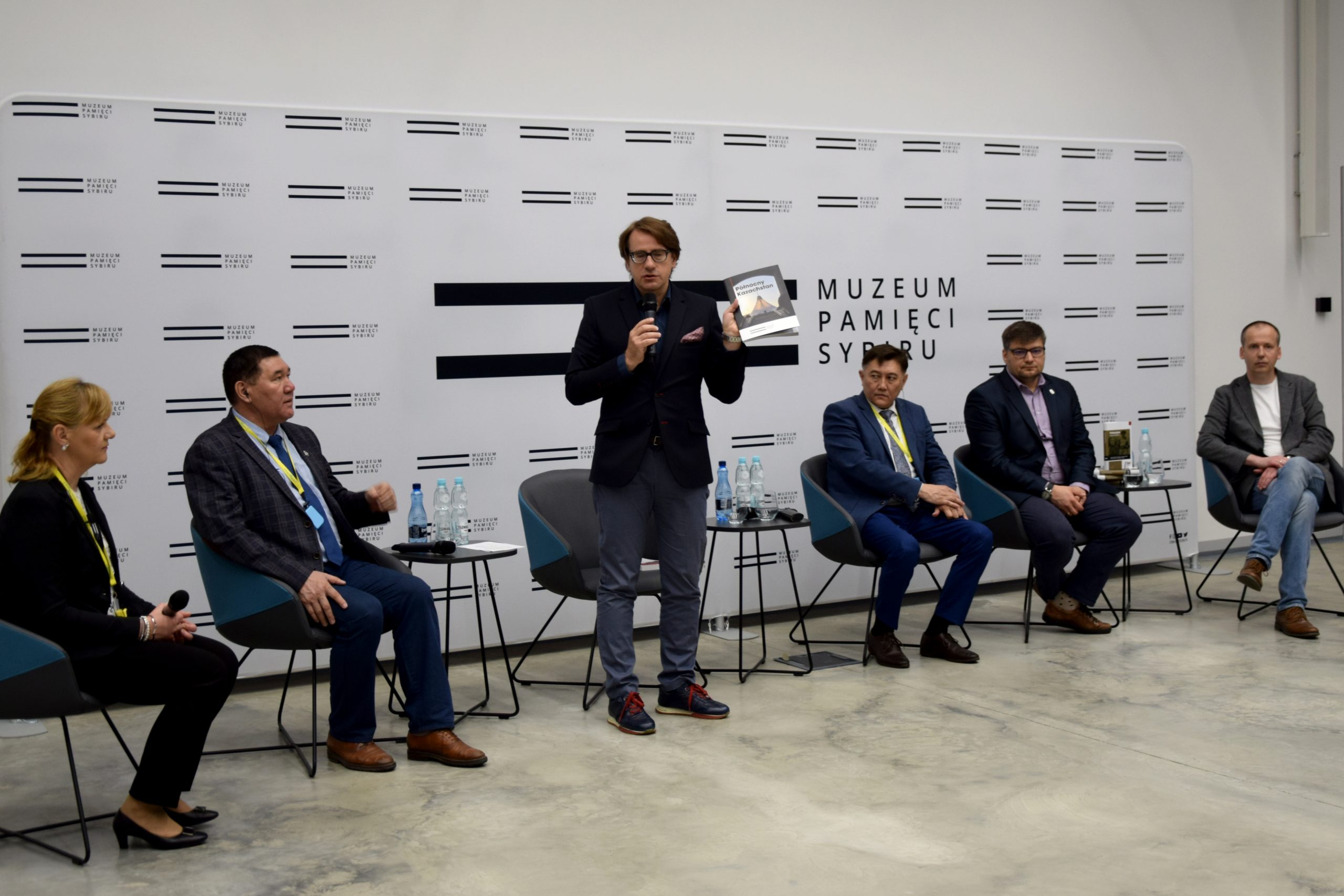After the closed session of the Commission, guests from Kazakhstan and Polish scientists went to the multimedia room of the Sybir Memorial Museum to meet the Białystok Sybiraks.
— I welcome the two directors — the meeting was opened by the director of the Sybir Memorial Museum, professor Wojciech Śleszyński — Professor Ziyabek Kabuldinov, director of the Czesław Walichanow Institute of History and Ethnology at the Science Committee of the Ministry of Education and Science of the Republic of Kazakhstan in Almaty. It is the most important scientific institution in Kazakhstan dealing with the study of recent history, the equivalent of the Polish Academy of Sciences. I also greet Kairat Alimgazinov, Deputy Director of the Archives of the President of the Republic of Kazakhstan, PhD. He is an extremely important person — at the moment, according to the decision of the Kazakh government, all the NKVD documents are transferred to this archive. Untill now, we have not had access to this, i.e. personal files of deportees, now it can be researched — he stressed.
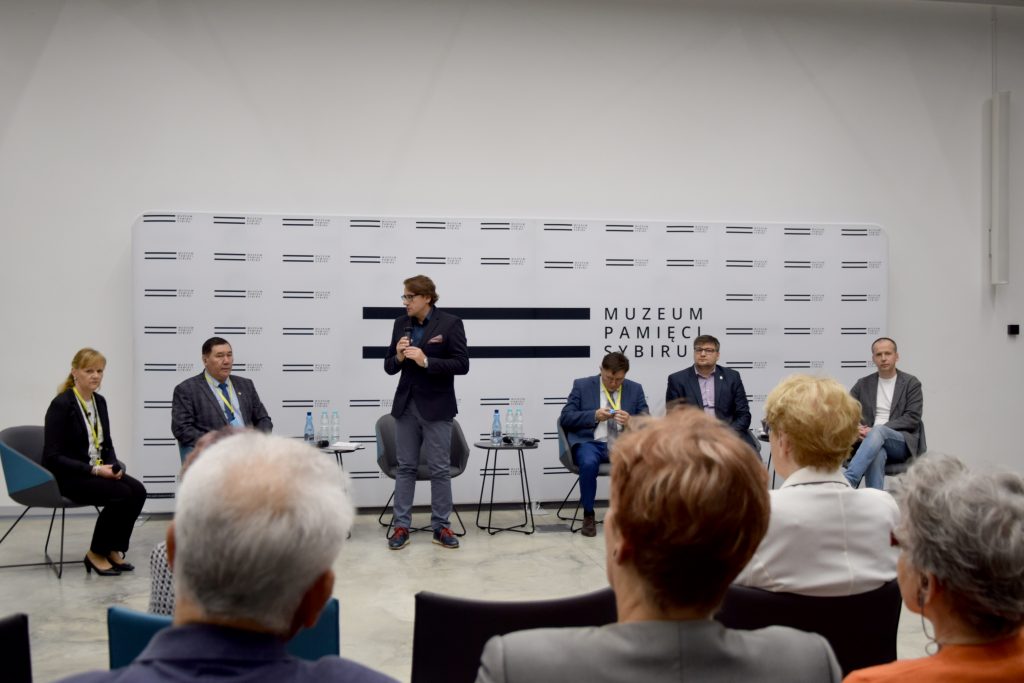
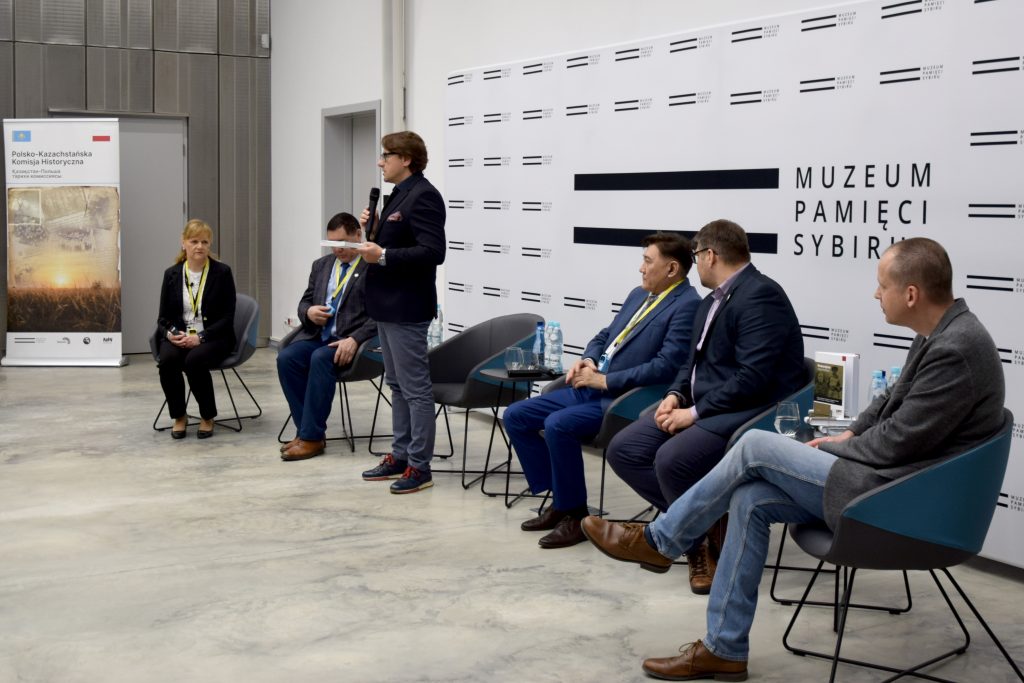
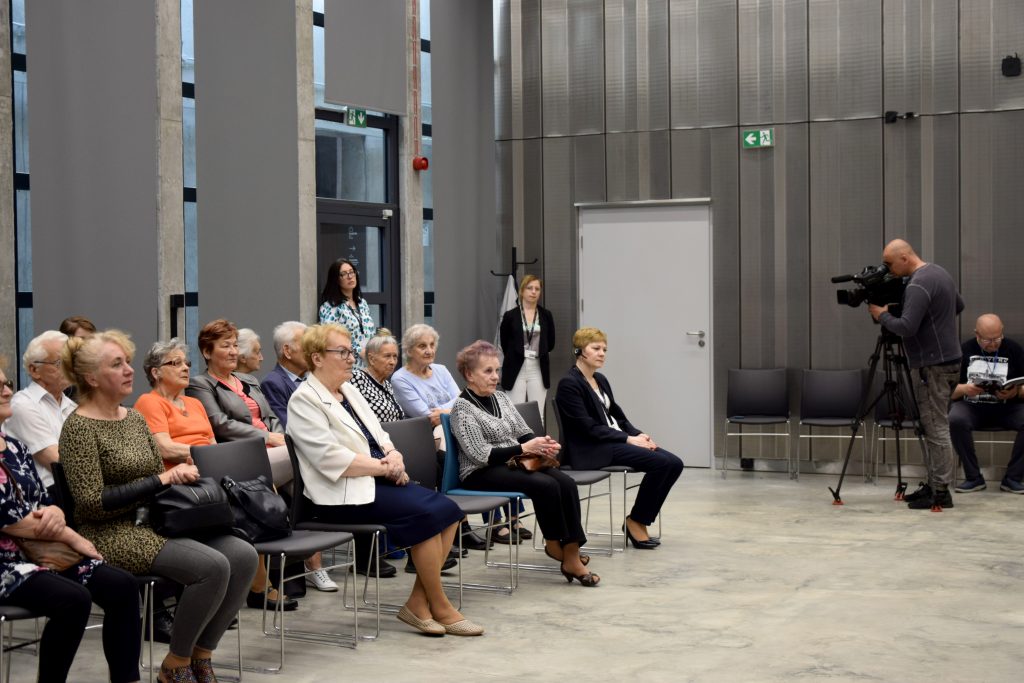
Professor Śleszyński presented the latest publications of the Sybir Memorial Museum relating to Kazakhstan and Polish-Kazakh relations. This is a special issue of the scientific journal “Biuletyn Historii Pogranicza” (“Borderlands History Bulletin”) published in three languages: Polish, Kazakh and Russian, as well as the book „Północny Kazachstan. Studium o ludziach i miejscach” (“Northern Kazakhstan. Study on People and Places”) by the director of the Museum. Those, who were present at the meeting were given copies of these publications.
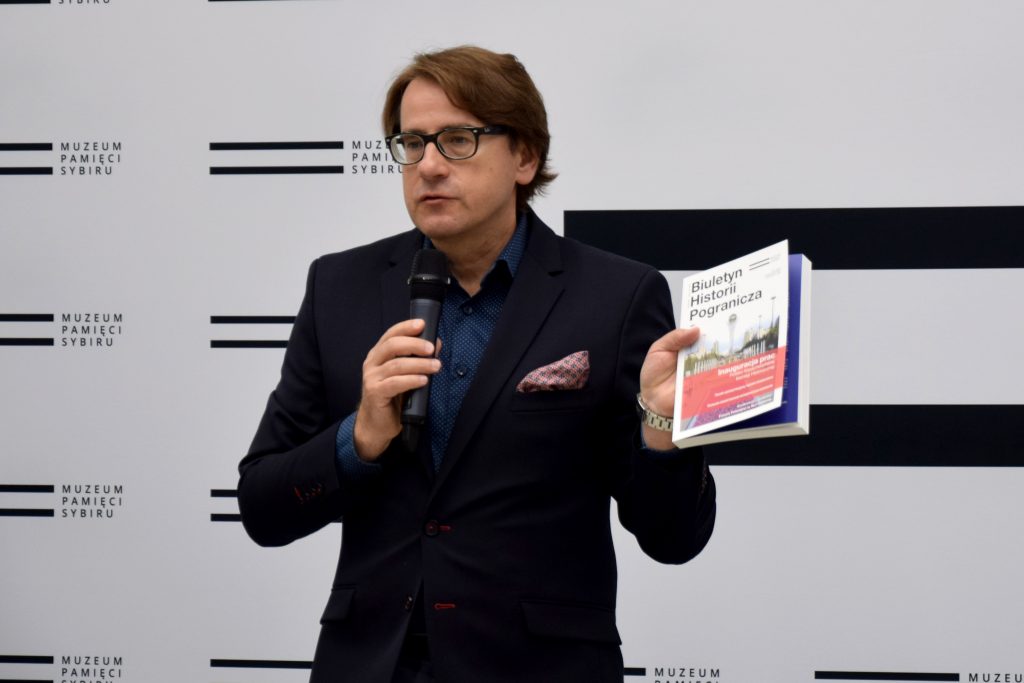
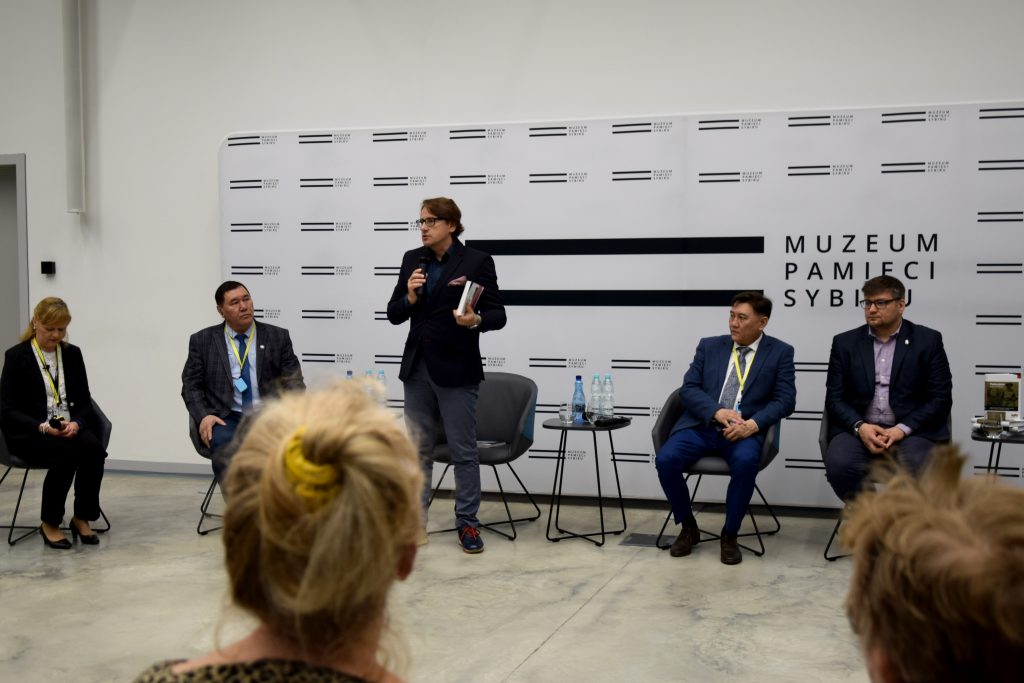
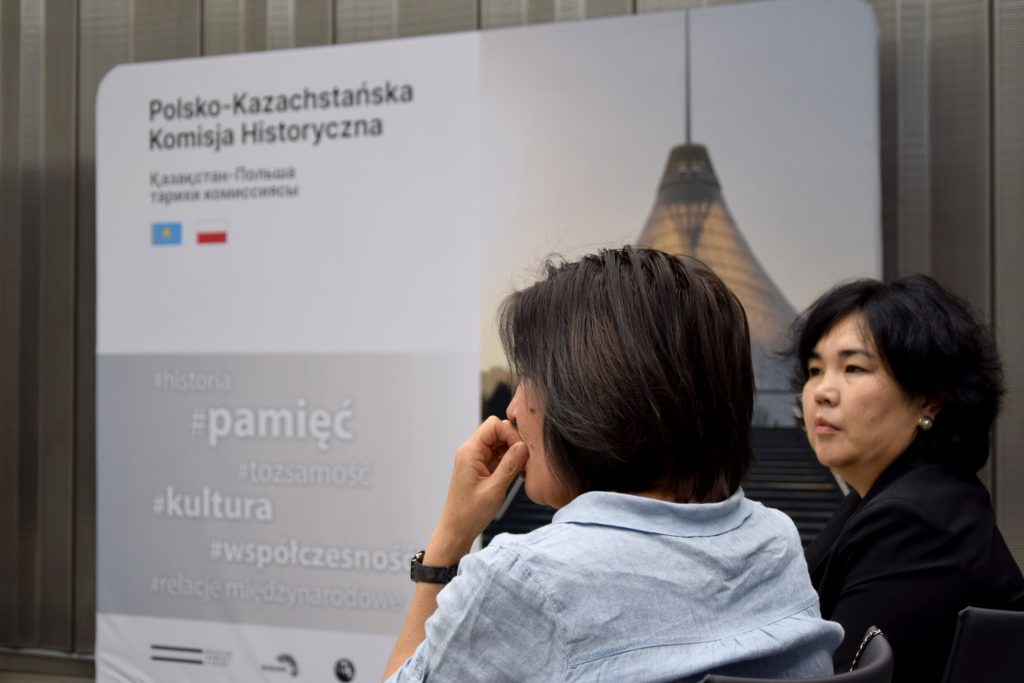
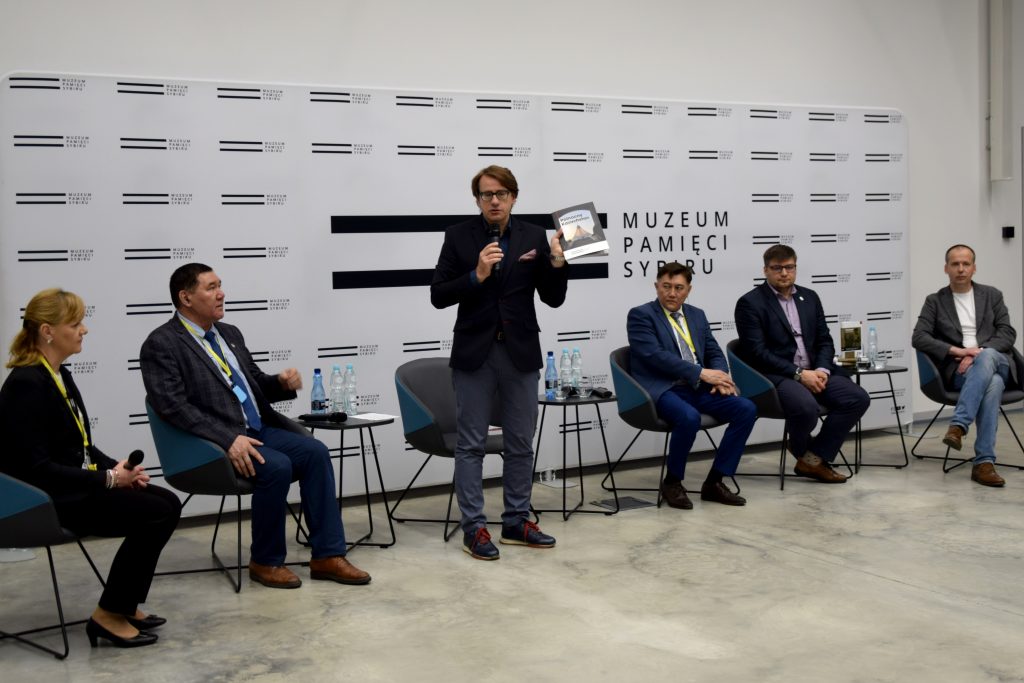
Professor Ziyabek Kabuldinov, Chairman of the Commission from the Kazakhstan side, in his speech outlined the history of Kazakhstan, mentioning attempts to reject Russian domination even during the times of the Russian Empire. He discussed Russian and later Soviet repressions; it was, among others, the Great Famine in 1931-1933, caused in response to the independence aspirations of the Kazakhs. “Half of the population of Kazakhstan died at that time” — he said.
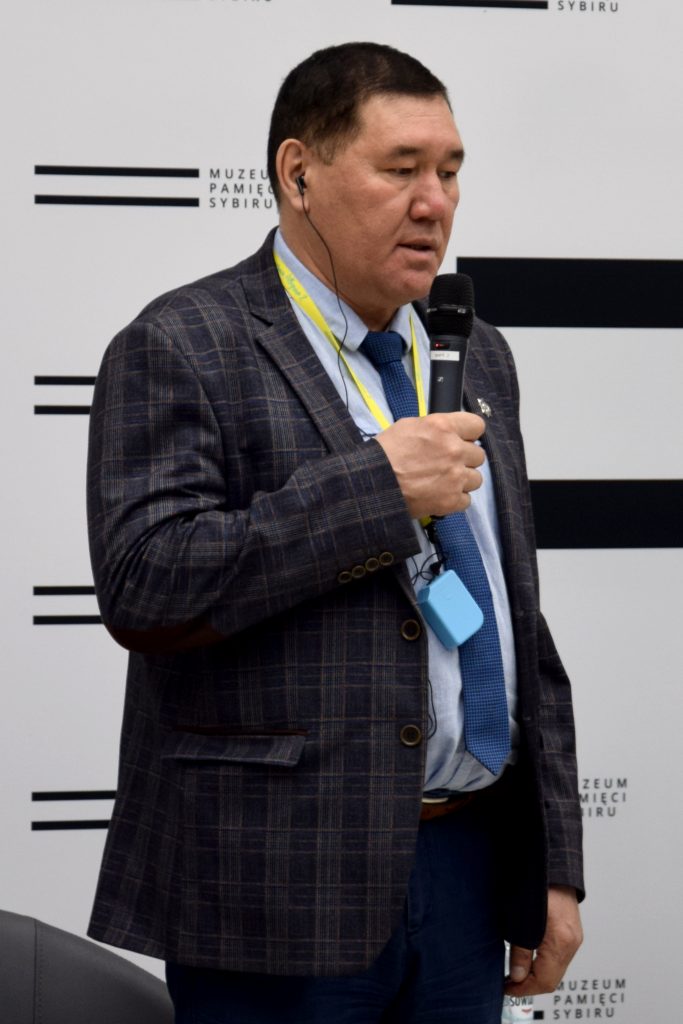
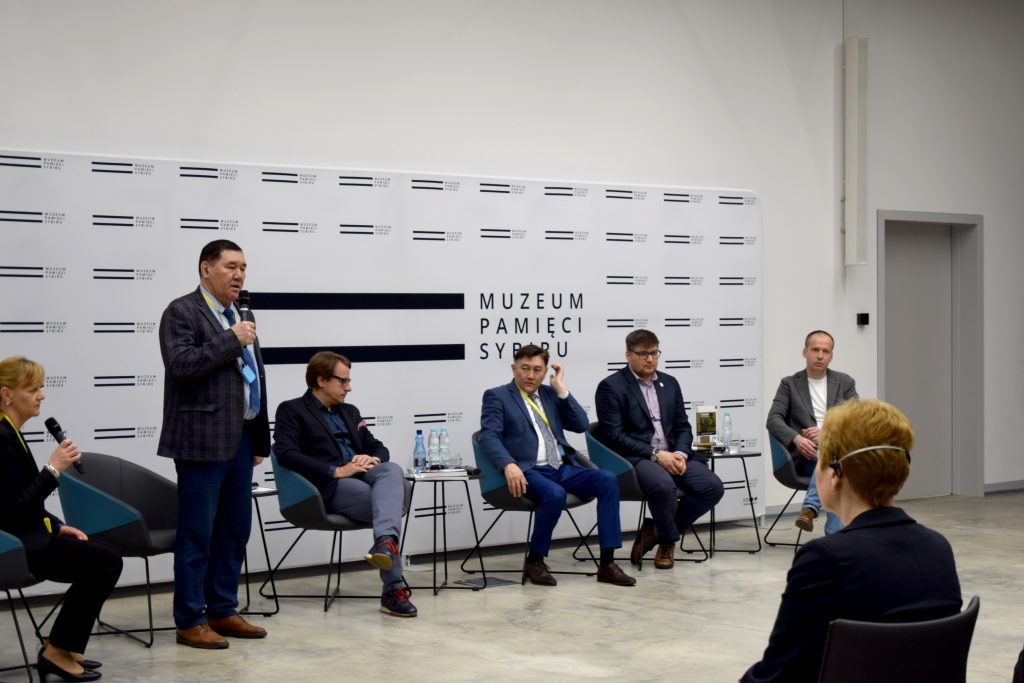
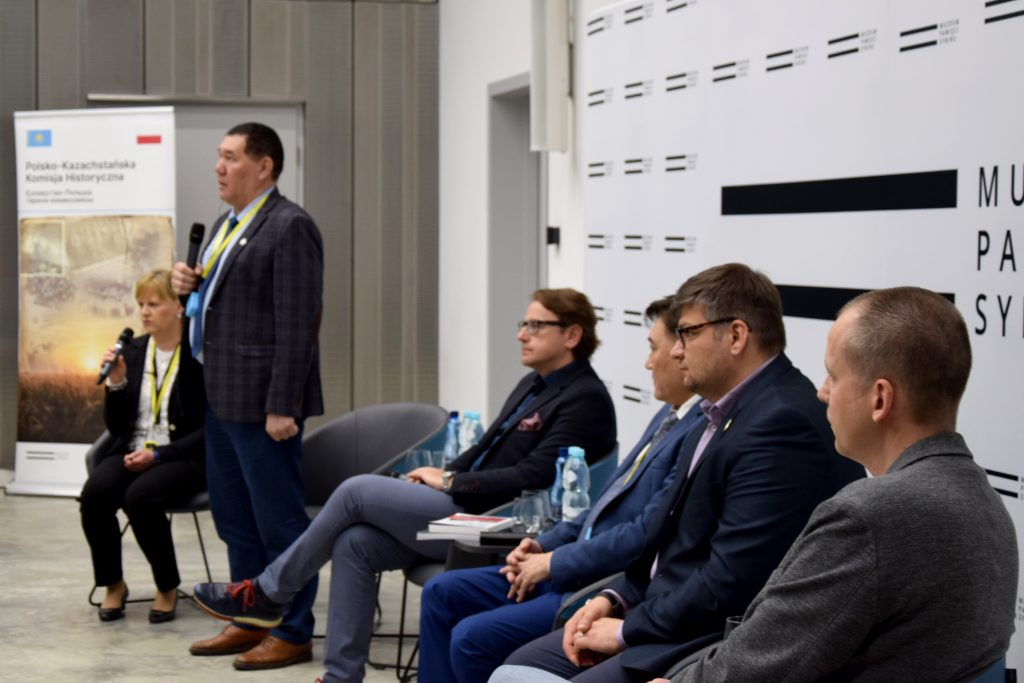
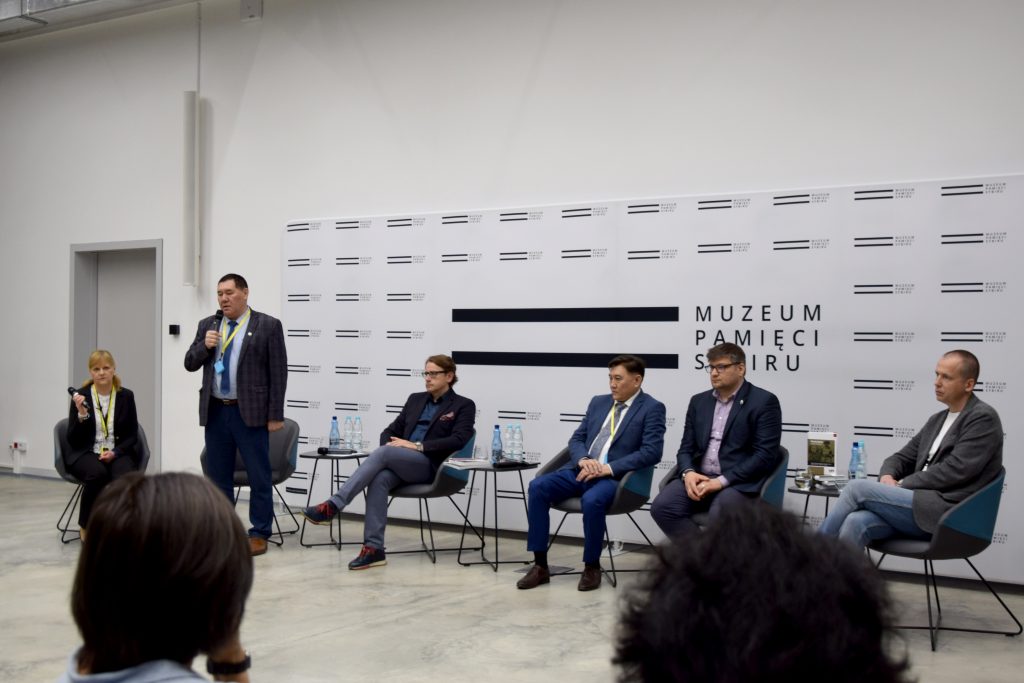
He also emphasized that Kazakhstan was a destination for mass deportations of people, including Polish citizens. — About 200,000 Poles were brought to Kazakhstan in the 1930s and 1940s — he explained. — The Kazakhs shared with the Poles what they had, although they themselves had experienced the Great Famine a little earlier. To this day, Poles live in Kazakhstan and play an important role in the country’s economic development — noted Professor Kabuldinov. — Kazakhs respect Poles and have a place for them in their hearts.
Professor Kabuldinov also referred to the work of the Commission. On the Kazakh side, the Commission will act until it has handed over all the documents concerning those deported to Kazakhstan. In turn, the Polish side should work until it finds available information on Kazakh Red Army soldiers who died in German POW camps in Poland or died and were buried here. For Kazakhs, tradition, respect for ancestors and burial of the dead are very important. Information about even one name is extremely valuable to us — he emphasized. “It is very important that we develop cooperation and friendship between our nations,” he added. — Glory to Poland! The scientist concluded his speech.
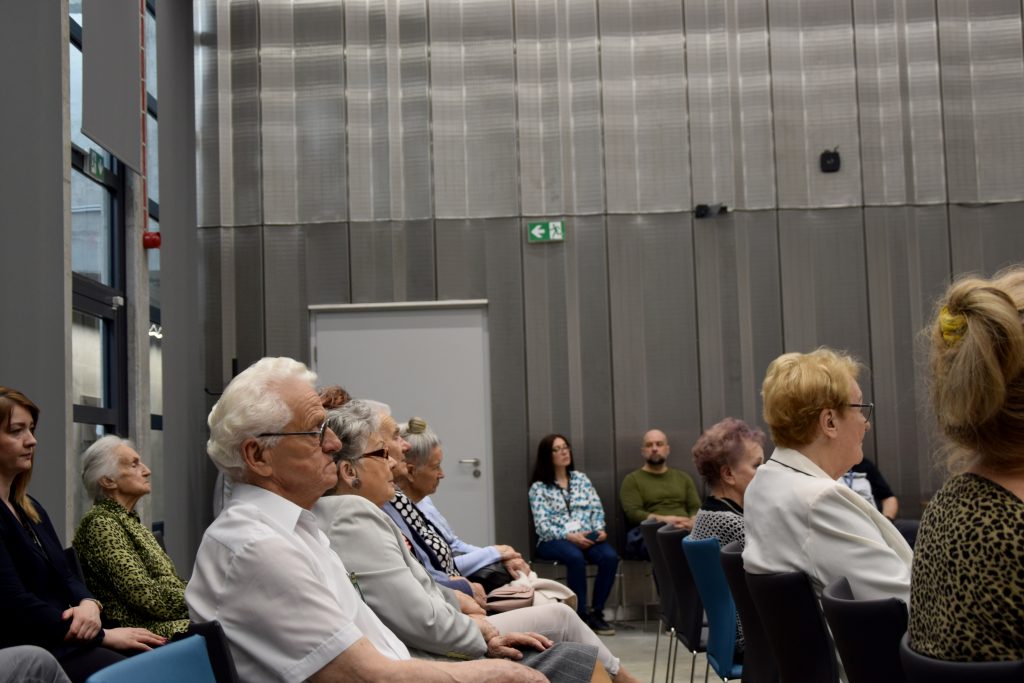
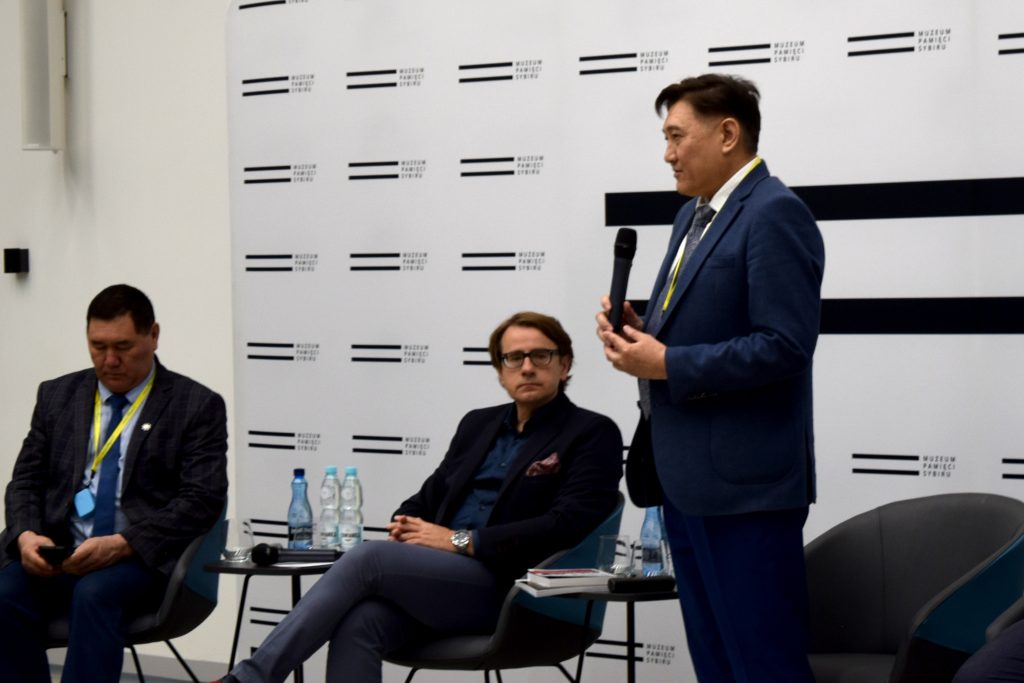
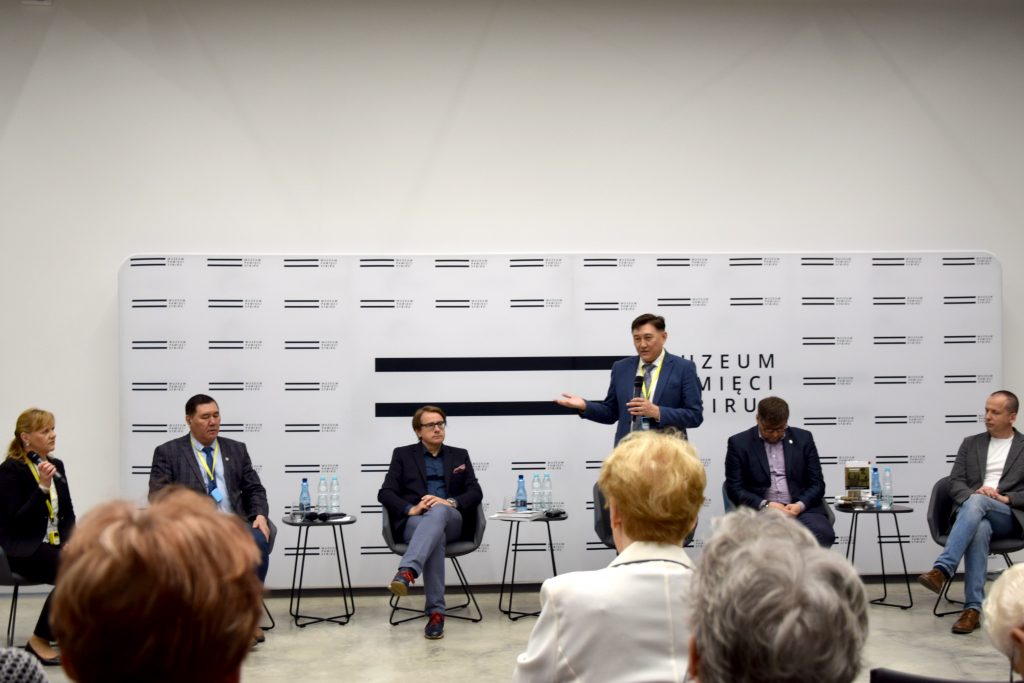
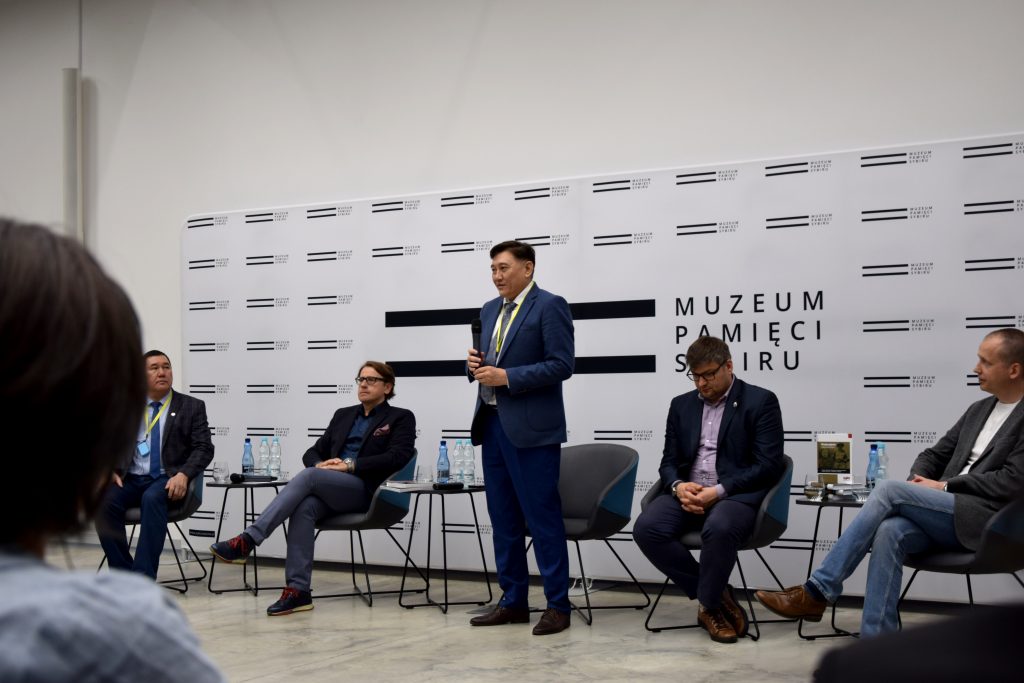
The Deputy Director of the Archives of the President of the Republic of Kazakhstan, Kairat Alimgazinov, PhD, talked about the importance of his institution. — Until 1991, all documents in the archives were secret. And yet these are documents concerning the entire twentieth-century history of Kazakhstan. Today we can say that there is no document in our archive that could be classified as secret. New volumes of publications are being published, thanks to which we also get to know the history of deported Poles better.
— The pretext for our meeting with dear Sybiraks is the presentation of Dmitriy Panta’s book “Doubly Deported… Soldiers of the Polish Armed Forces in the Soviet Union in the years 1945-1951 — documents and materials” — the Director of the Sybir Memorial Museum, professor Wojciech Śleszyński approached the gathered audience.
Dmitriy Panto, PhD, is the secretary of the Polish-Kazakh Historical Commission. A historian, an employee of the Museum of the Second World War in Gdańsk. He is a descendant of Poles deported to Kazakhstan. He was born and educated there, but he completed his studies in history in Poland, where he also developed his academic career. His parents and brother also moved to the country of their ancestors.
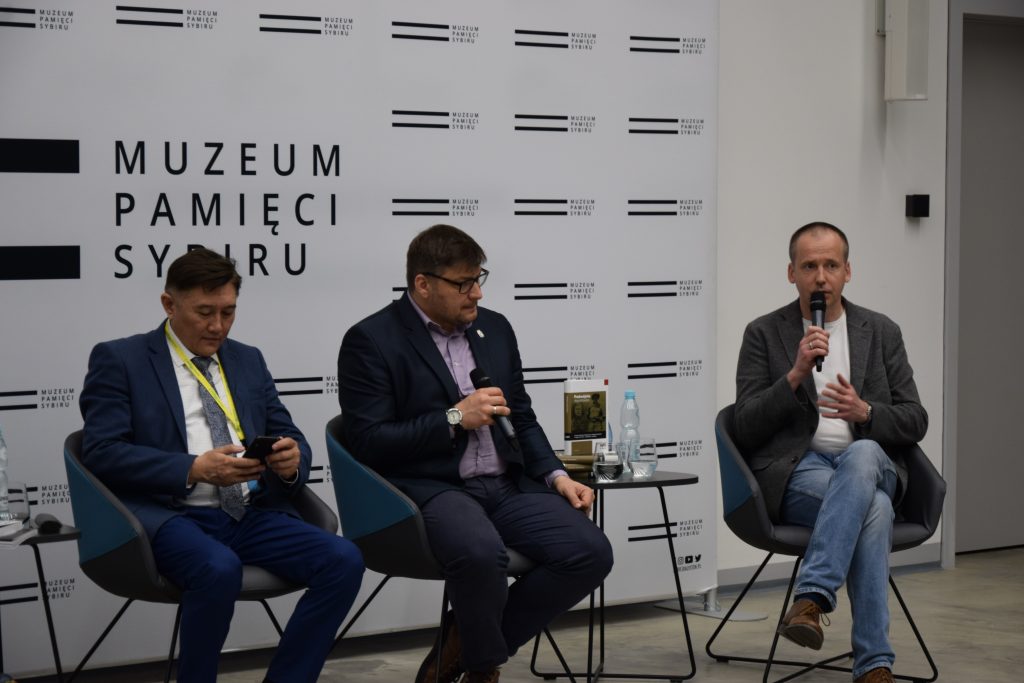
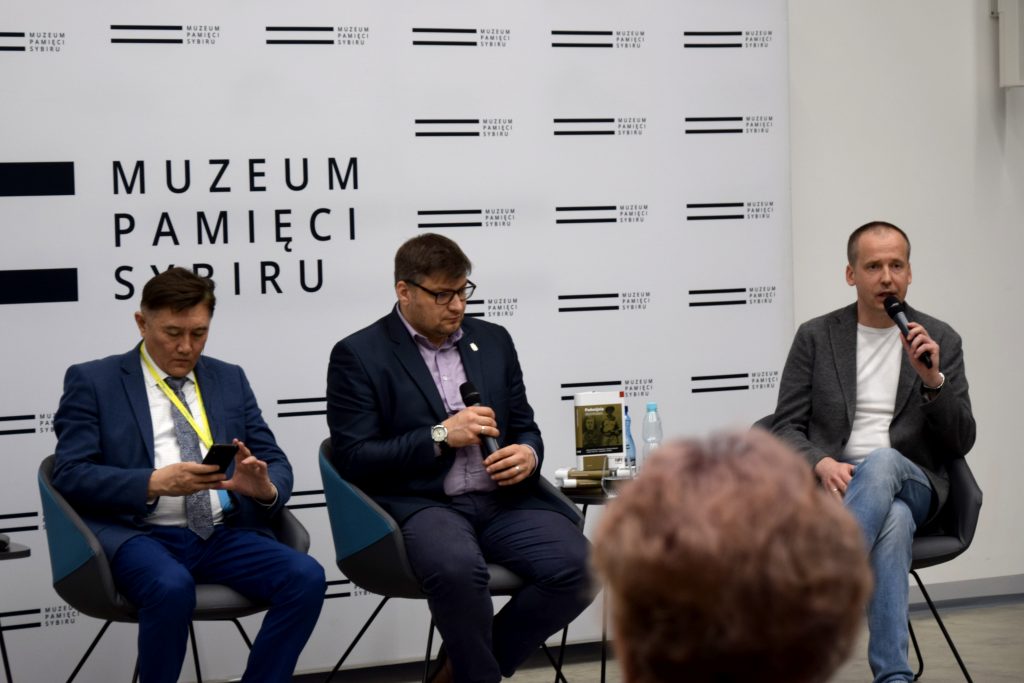
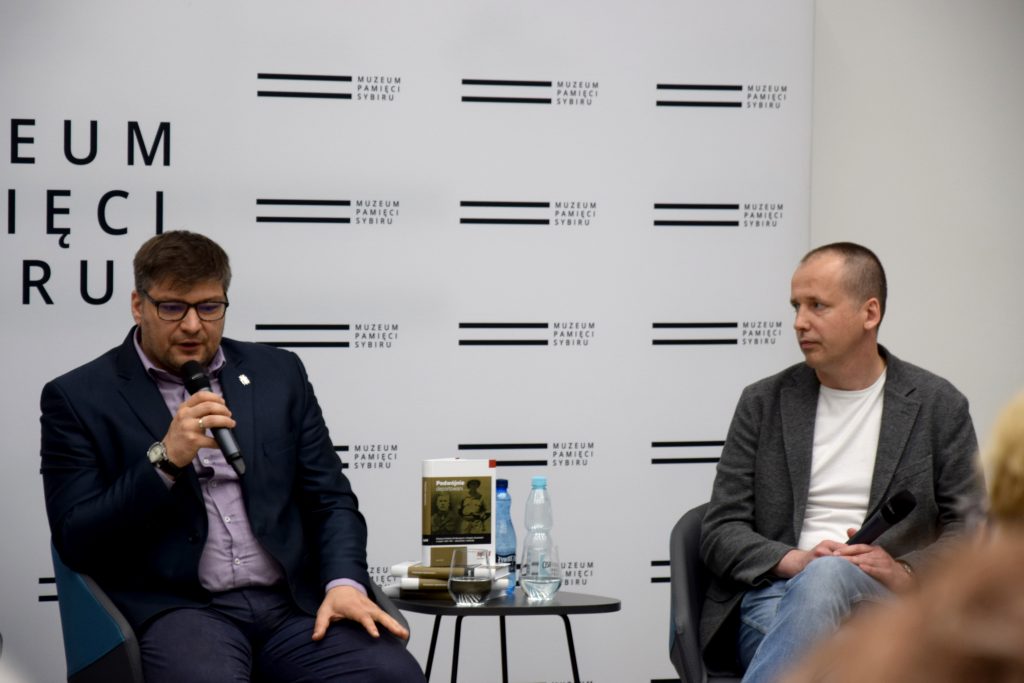
The conversation about Dr. Panto’s book was led by Marcin Zwolski, PhD, from the Scientific Department of the Sybir Memorial Museum. — This book is a selection of sources about those who were once deported, returned to their homes by a long journey around the world, and then were hit again by the blade of repression — said Zwolski, PhD. — This is a story that we know in Poland, but many have not yet heard of it.
Panto, PhD, told how he became interested in the topic of “double deported” former soldiers of Anders’ Army. “As it often happens, chance rules fate” — admitted the scientist from Gdańsk. He conducted a query in the Moscow State Archives of the Russian Federation (before the pandemic and the war in Ukraine, because today he would not be able to conduct such research) with a view to a monograph on the formation of the Anders Army in the USSR.
— A separate category of people appeared in the catalog under the heading “Anders”. The documents matched thematically, but not chronologically, as they covered the years 1945-1951. I knew that there were deportations of the Anders’ people, Professor Grzybowski described it, but I didn’t know that I would come across such a huge amount of documents. The only way to copy material in this archive was to take pictures of the microfilm displayed on the screen. When I brought these materials to Poland, the pandemic began, it was 2019. I managed to download materials from Lithuania, Ukraine, and partly from Belarus. I had time to develop them and write a book — said Dmitriy Panto.
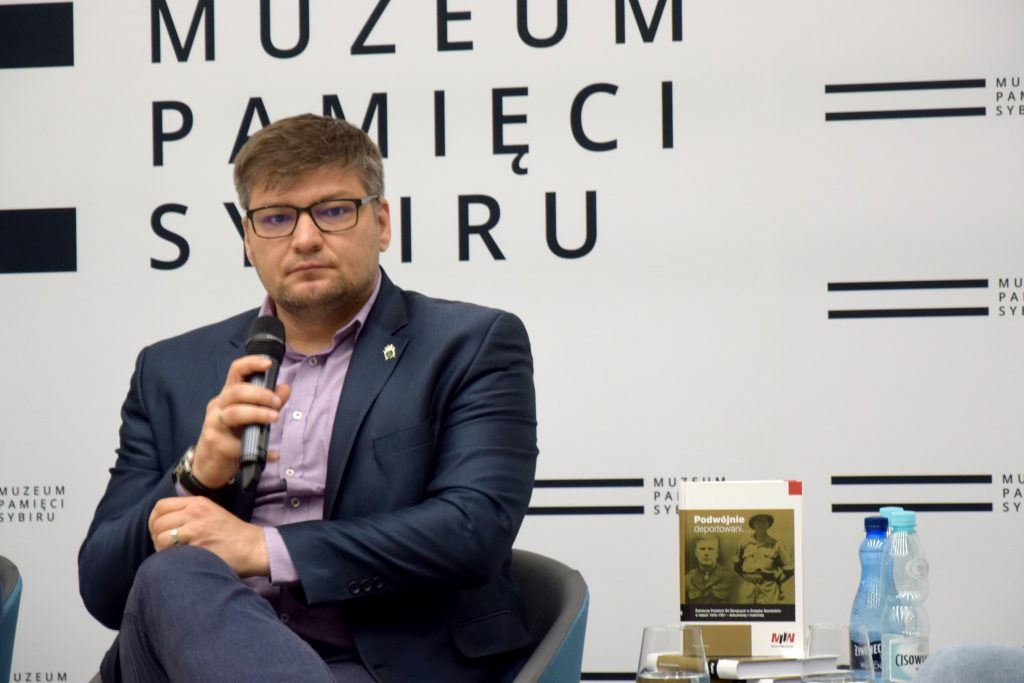
— This is a unique material showing how the Soviets carried out the operation to lure these people from Great Britain, Italy. — It is worth recalling — said Zwolski, PhD. “They were promised safety. The Soviets played on their feelings, emphasizing that they did not respect Poles in the British Isles, and that the climate there was unpleasant. And here the sun, home, work await. In the meantime, another deportation was being prepared for these people, said the historian from the Sybir Memorial Museum. from the Sybir Memorial Museum
— At the same time, those who had already come to their former homes in Ukraine or Belarus were forced to write letters abroad to convince the others to return. They had to write in Russian, although it was not the language they used on a daily basis, emphasized the historian from Gdańsk.
Doctor Panta managed to establish new facts, especially the number of re-deportees, we know today that there were 5,030 of them. — Deportations of Polish citizens had three waves: pre-war, war and post-war. There were two post-war ones, in 1951 (the largest) and 1952, which concerned people who did not want to join kolkhozes and were deported from the territories of the Belarusian and Lithuanian republics deep into Kazakhstan. The deportations of Poles are a kind of brace. Those from 1936 opened the deportations to the USSR, the process of which was entirely carried out by the NKVD, and those from 1952 were the last ones — he stressed.
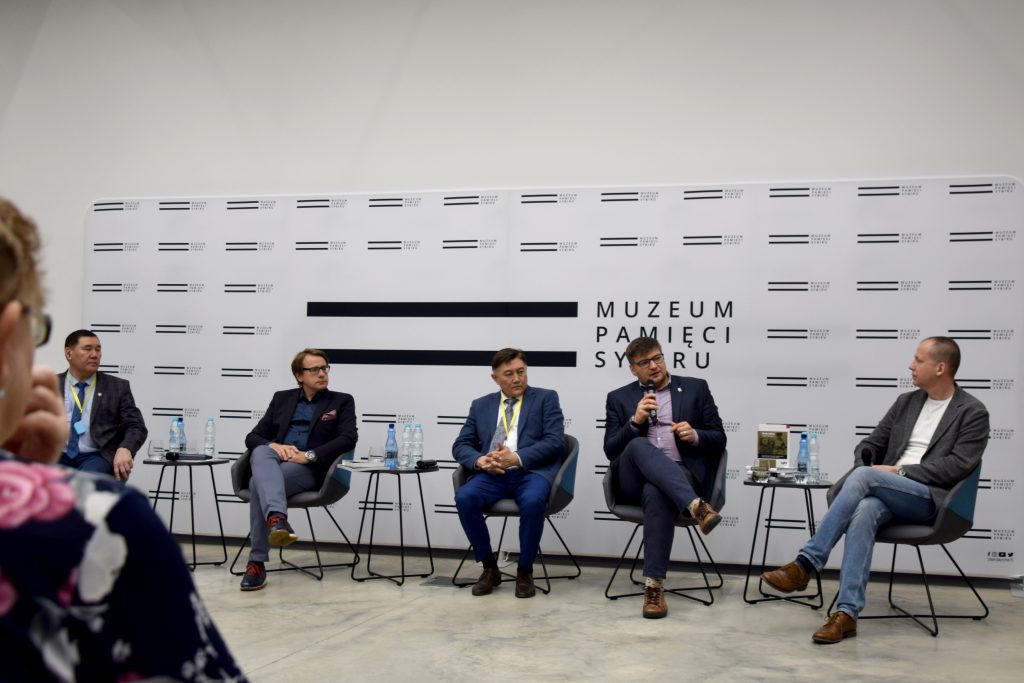
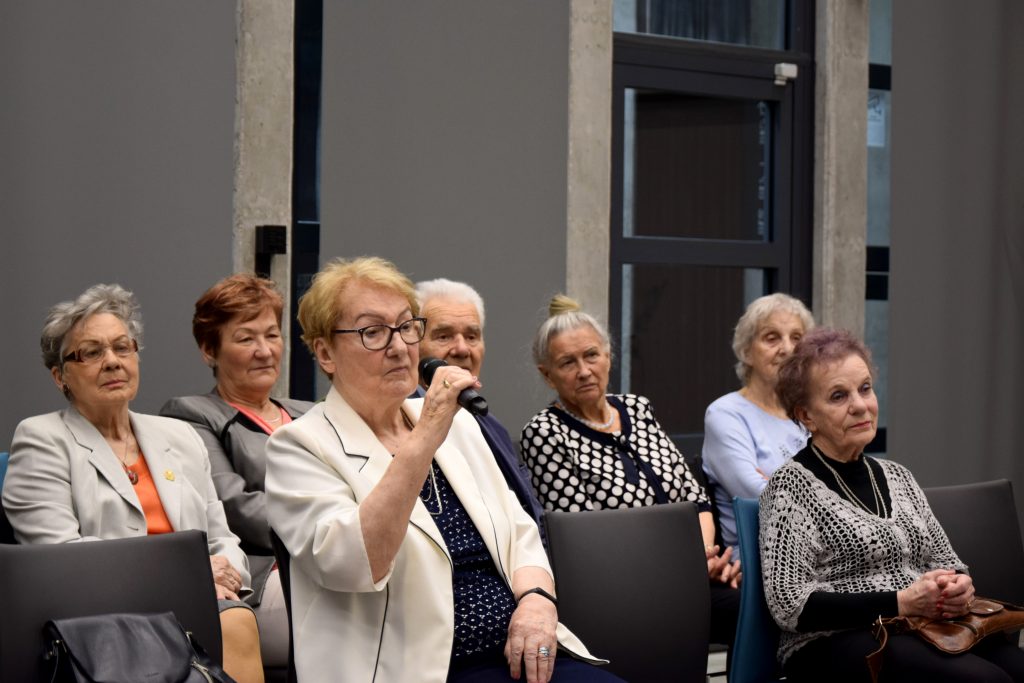
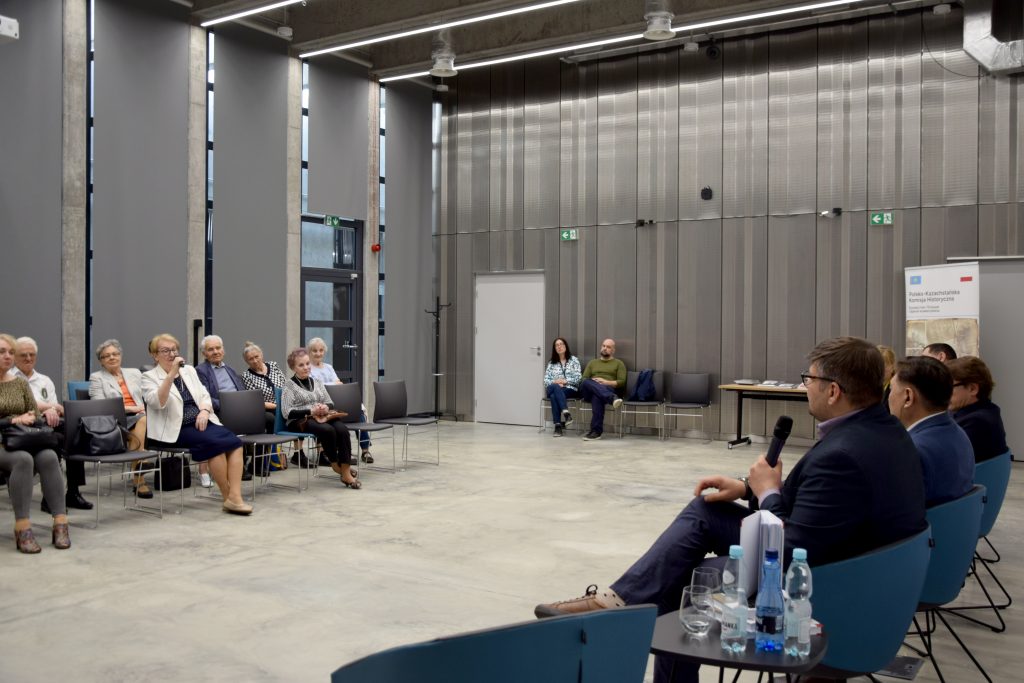
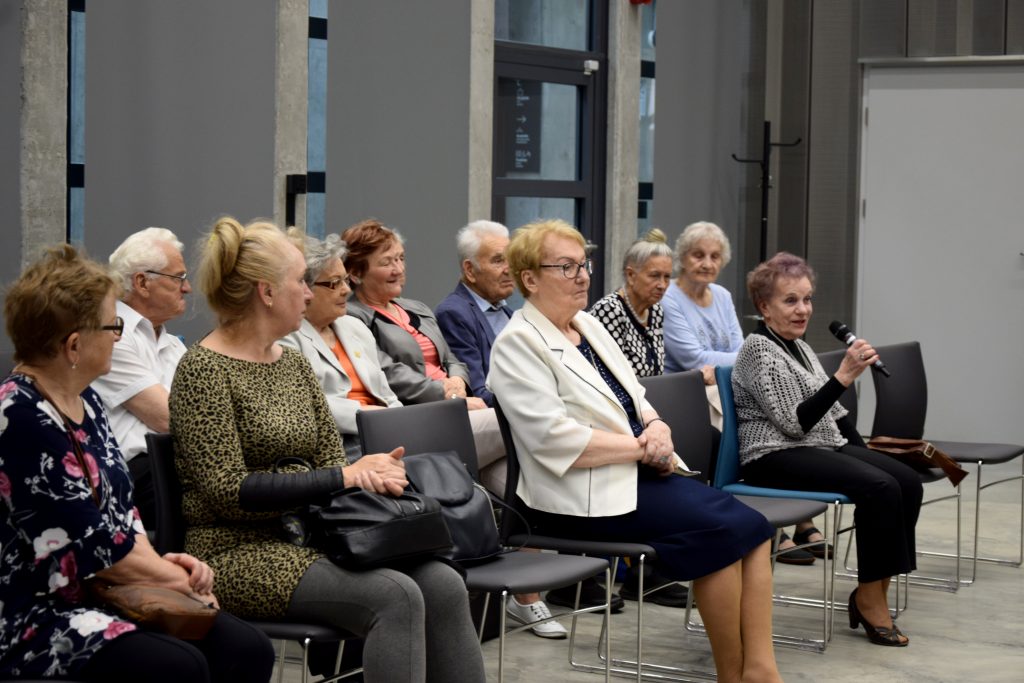
Panta’s, PhD, research and his publication aroused great interest among the Siberians present in the room. They thanked the historian for his work, pointed out that thanks to him they learned new facts. — I understood that my father, a soldier of Anders, was very wise not to return from England. After all, we were deported from the areas that ended up in Belarus after the war — said Barbara Sokólska, who was deported to Kazakhstan when she was a few-weeks-old baby.

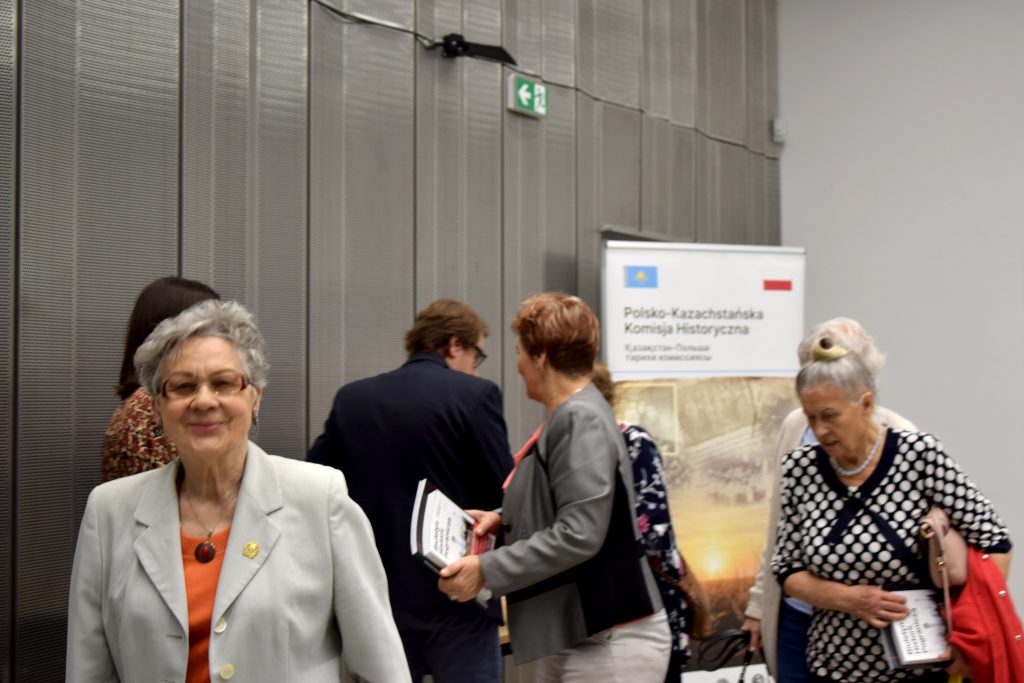
The May meeting was the third in the history of the Polish-Kazakh Historical Commission established in June 2022. The previous ones were held in Białystok and Astana.




